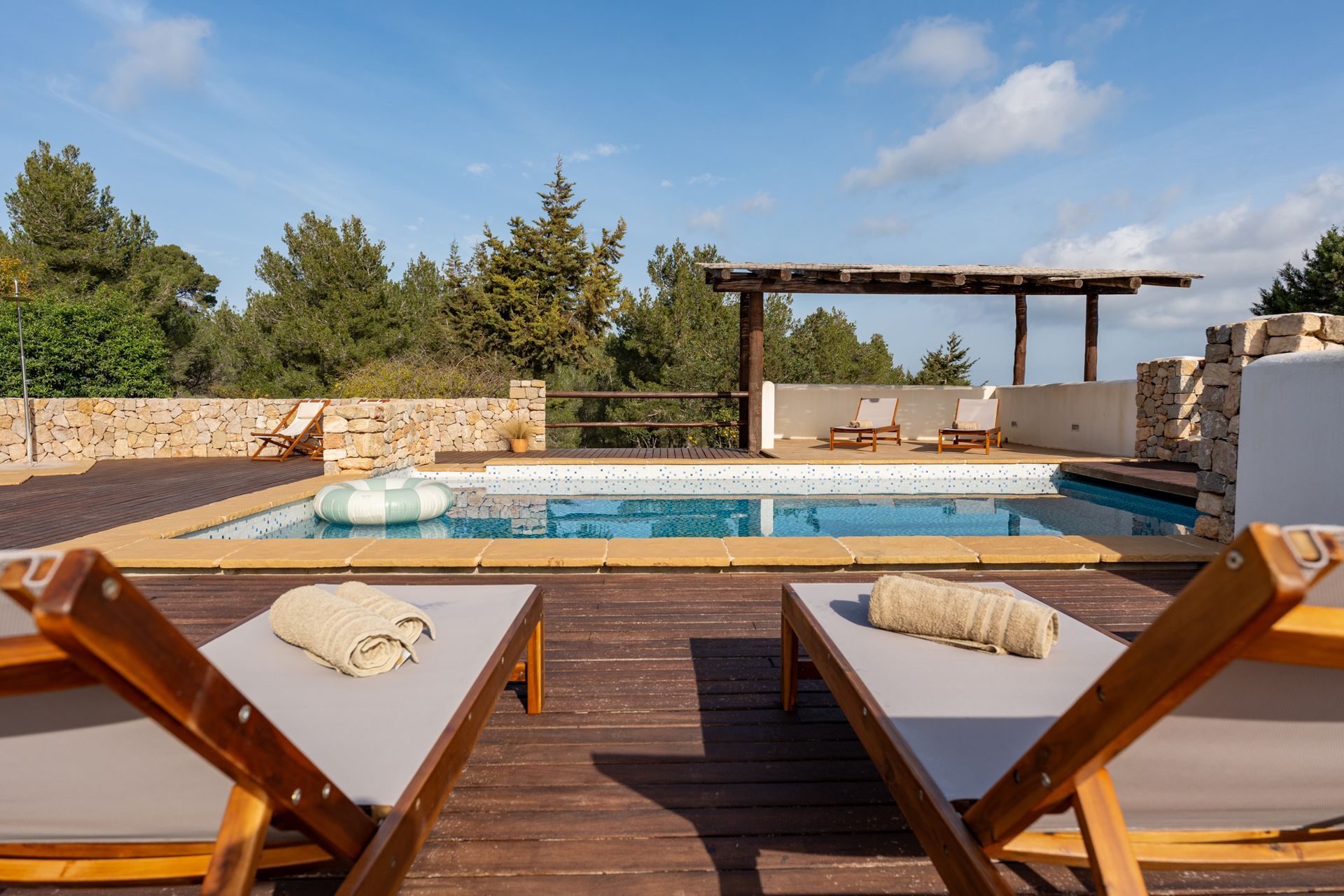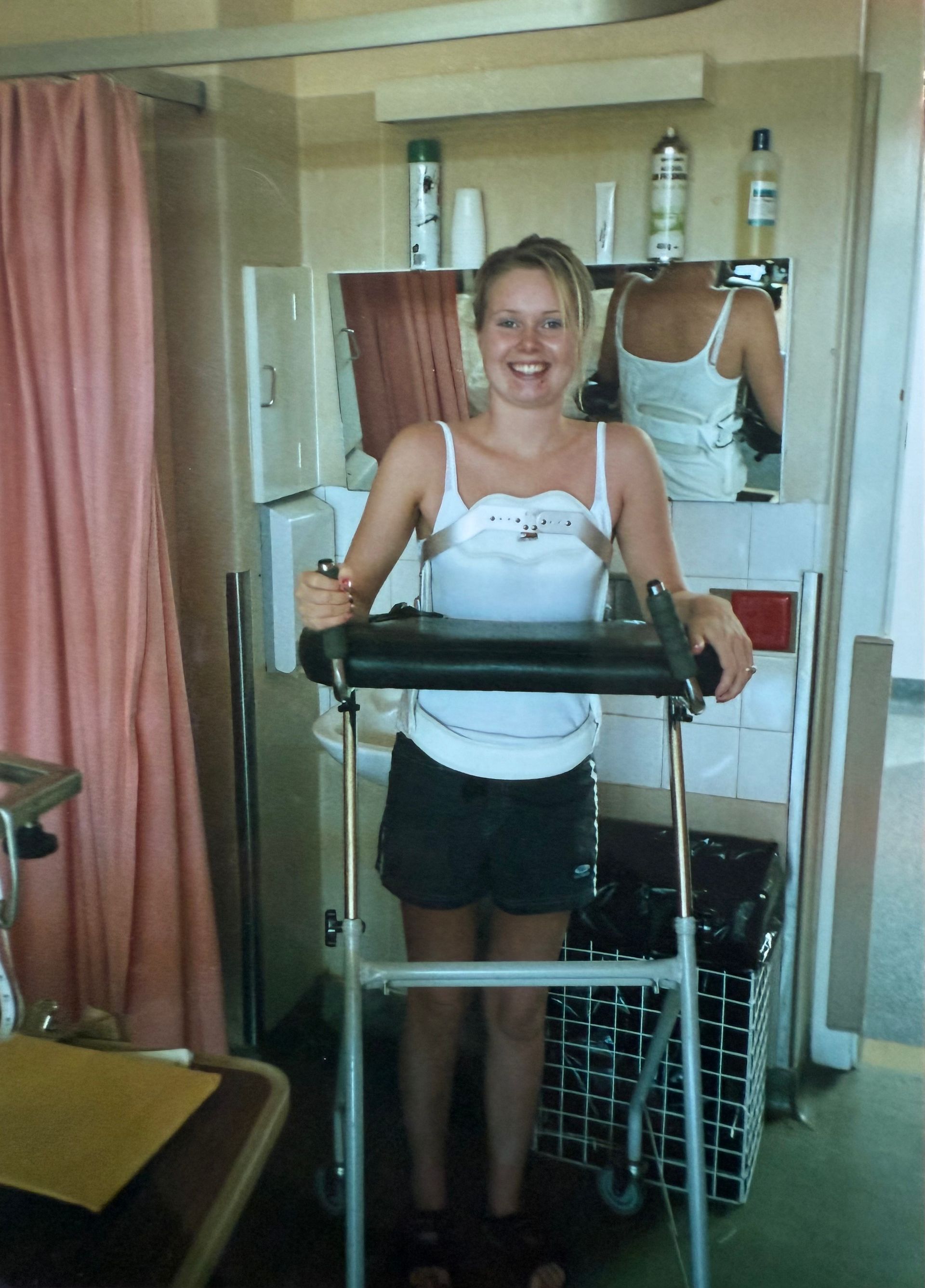In the relentless pace of modern life, we often wear busy-ness as a badge of honour. Our calendars are packed, our inboxes are full, and our minds are constantly whirring with to-do lists and responsibilities. We pour our energy into work, family, and social commitments, often leaving one crucial person overlooked: ourselves.
The journey toward good wellbeing - a holistic state of physical, mental, and emotional health - can seem complex and intimidating. We read about intricate diets, intense exercise routines, and advanced meditation techniques. But the truth is, the most powerful and fundamental step is the simplest one: taking time for yourself. This isn't a luxury or an indulgence; it is the absolute foundation upon which all other forms of self-care and personal growth must be built.
Why "Me-Time" is Non-Negotiable
Thinking of "me-time" as selfish is a common misconception. In reality, it is a necessary act of self-preservation and rejuvenation. Imagine your energy and emotional reserve as a well. If you are constantly drawing water out for others without ever allowing it time to refill, the well will eventually run dry. When you are depleted, your ability to be a patient partner, an effective employee, or a supportive friend is severely diminished. Taking time for yourself is the conscious act of pausing the demands of the outside world and dedicating that space solely to your own needs. It is about shifting your focus inward, even if just for a few minutes.
The Ripple Effect of Self-Connection
When you prioritise this dedicated time, the benefits ripple out into every facet of your life:
Stress Reduction: Stepping away from the constant noise allows your prefrontal cortex - the decision-making part of your brain - to rest. This pause can reduce levels of the stress hormone cortisol, leading to a calmer nervous system and clearer thinking. Problems that seemed insurmountable often become manageable after a period of quiet reflection.
Emotional Regulation: When we are rushed and stressed, our emotions tend to be erratic and reactive. Time alone offers a chance to check in with yourself: How am I really feeling? What do I need right now? This awareness is the key to managing your feelings rather than letting them manage you.
Increased Productivity: It may seem counterintuitive, but a short break can dramatically improve your performance. Taking time off allows for "diffuse thinking," where your brain makes connections and solves problems in the background. You come back to your tasks with renewed focus and fresh ideas.
A Stronger Sense of Self: Constant interaction with others means we are often adjusting our behaviour to fit a social context. Solitude allows you to reconnect with your authentic self - your values, your dreams, and your genuine interests - free from external judgments or expectations.

Where to Start:
Small Steps, Big Impact
You don't need a week-long spa retreat to start. Begin small and be fiercely protective of this time. The 15-Minute Rule (finding a mere 15-minute slot where you can be completely alone) is a great starting point. You could spend this time enjoying your morning coffee in silence, listening to your favourite album, or simply staring out a window in contemplation.
Digital Detox
Spending time without checking your mobile phone is much harder than we think. In today’s digital age, our mobiles are our lifeline – connecting us to friends, work, and social engagements. Spending time without this stimulation is important for mental health and clarity, but again, start small. Simply begin by avoiding immediately grabbing your phone when you wake up, or scrolling right before you fall asleep. You’ll soon notice big benefits!
Say "No" Guilt-Free
Learn to politely decline invitations or requests that you know will overstretch your energy reserves. Protecting your time is protecting your wellbeing. Learning to say ‘no’ can be hard for many of us, especially as we may have built our personalities on being helpful and a ‘people pleaser.’ However, turning down the occasional event or call for assistance will allow you more time for ‘self’ and less time running around after others.
Ultimately, taking time for yourself is the vital first step to better mental wellbeing as it establishes a foundational relationship - the one you have with yourself. When you commit to nurturing this relationship, you are building a stable, resilient core that can withstand the demands of life, enabling you to approach all other wellbeing practices from a place of strength, not desperation. Start small today, and watch your wellbeing flourish.
What is your favourite way to spend 15 minutes of "me-time"?





